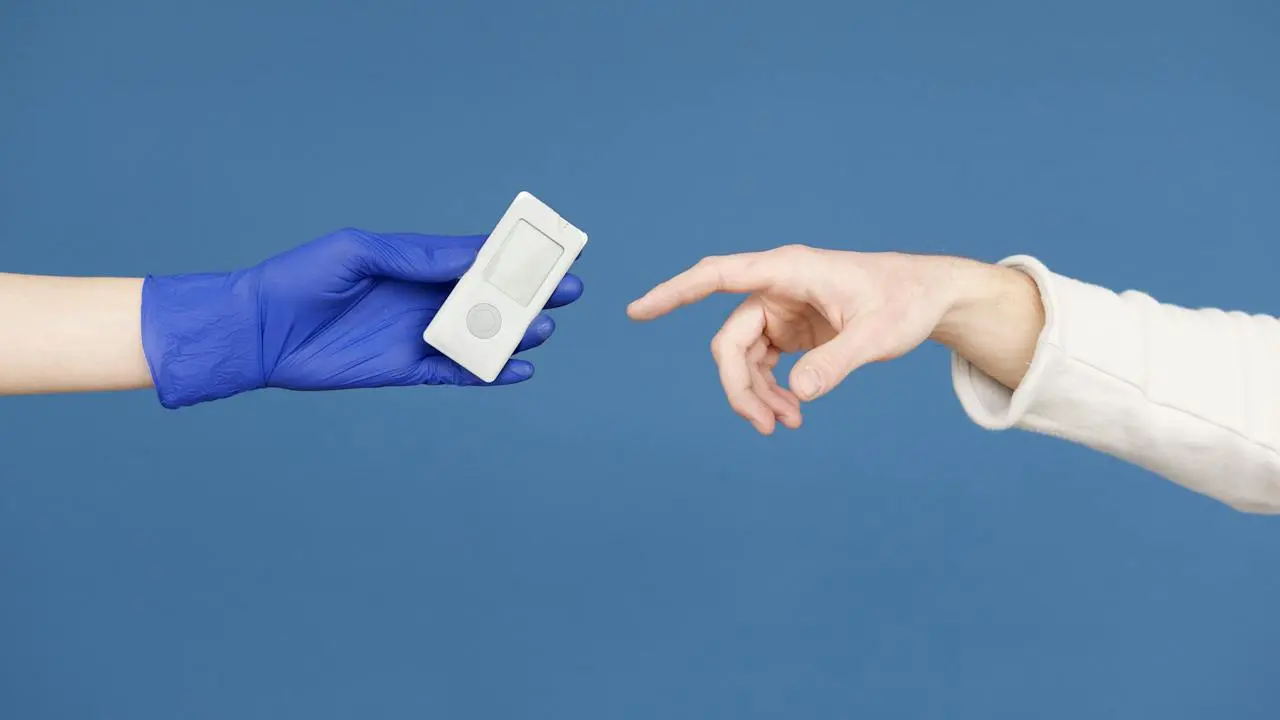Diabetes is a widespread chronic condition that affects millions of people worldwide. It's characterized by elevated blood sugar levels, which can lead to various health issues.

Blog
Is Honey Safe for Diabetics? Benefits, Risks & Best Tips
Diabetes is a widespread chronic condition that affects millions of people worldwide. It's characterized by elevated blood sugar levels, which can lead to various health issues. On the other hand, honey, a natural sweetener, has been regarded for years as a healthier alternative to refined sugar. In this blog post, we'll take a closer look at the intricate relationship between diabetes and honey. We'll explore whether honey can be a suitable sweetener for individuals with diabetes. To do this, we'll investigate honey's nutritional profile, its effects on blood sugar levels, potential benefits, and the risks involved. What Is Diabetes?
Diabetes is a metabolic disorder that significantly impacts how the body regulates blood sugar (glucose) levels. There are two primary types:
Type 1 diabetes is an autoimmune condition in which the immune system mistakenly attacks and destroys the insulin-producing cells in the pancreas. As a result, individuals with Type 1 diabetes do not produce insulin and require external insulin administration.
Type 2 diabetes, on the other hand, typically develops in adulthood. It is characterized by insulin resistance, where the body's cells become less responsive to insulin or don't produce enough. Lifestyle factors, including diet, exercise, and obesity, contribute to the development of Type 2 diabetes.
Before delving deeper into the diabetes-honey relationship, let's examine honey's nutritional composition. Honey is not just a simple source of sweetness; it comprises a complex array of substances.Honey is primarily composed of sugars, with glucose and fructose being the predominant ones. In addition to sugars, honey contains trace amounts of vitamins, minerals, and antioxidants. These include vitamin C, calcium, iron, and various polyphenols. The composition of honey may vary slightly depending on its floral source and processing methods.
One crucial question when it comes to honey and diabetes is its effect on blood sugar levels. While honey does contain sugars, it differs from refined sugar in how it affects blood sugar.Honey can indeed raise blood sugar levels, but it generally does so more gradually than refined sugar. However, it's essential to note that individuals with diabetes should still approach honey consumption with caution and monitor their blood sugar levels accordingly.
Honey is not a one-size-fits-all product. There are various types of honey available, each with its unique characteristics. Some of the most common types include raw honey, processed honey, and specialty varieties like Manuka honey.The properties of honey can vary significantly based on the nectar's floral source and the processing methods employed. For example, raw honey is less processed and retains more of its natural enzymes and antioxidants.
Scientific studies have explored the potential health benefits of honey for individuals with diabetes. While more research is needed to draw definitive conclusions, some findings are promising Honey is known for its antioxidant and anti-inflammatory properties, which could have positive implications for diabetes management. Additionally, honey may affect insulin sensitivity, potentially assisting individuals in better regulating their blood sugar levels.
While honey holds potential benefits, it's crucial for individuals with diabetes to be aware of the associated risks. Consuming excessive amounts of honey can lead to spikes in blood sugar levels, which is counterproductive for diabetes management. Moderation is key. Individuals with diabetes should monitor their blood sugar responses when incorporating honey into their diet. Consulting a healthcare professional for guidance is highly recommended to ensure safe consumption.
For diabetics who wish to include honey in their diet, here are some practical tips to consider:
Regularly check your blood sugar to understand how honey affects your individual glucose response.
Opt for high-quality honey, preferably raw and minimally processed varieties.
Incorporate honey as a natural sweetener in recipes, teas, or dressings, but do so mindfully and in moderation.
In summary, honey can be a part of a diabetic's diet if consumed judiciously and in moderation. While it offers potential benefits, it should not replace careful blood sugar management.Remember always to consult with a healthcare professional before making significant dietary changes, particularly if you have diabetes. They can provide personalized guidance based on your specific needs and help you make informed choices regarding honey consumption.
HealthOK Global provides expert insights on nutrition, meal planning, and healthy eating habits. Contact our FREE 24 x 7 Healthcare Helpline at +91-8047190955 for assistance.
Before delving deeper into the diabetes-honey relationship, let's examine honey's nutritional composition. Honey is not just a simple source of sweetness; it comprises a complex array of substances.Honey is primarily composed of sugars, with glucose and fructose being the predominant ones. In addition to sugars, honey contains trace amounts of vitamins, minerals, and antioxidants. These include vitamin C, calcium, iron, and various polyphenols. The composition of honey may vary slightly depending on its floral source and processing methods.
One crucial question when it comes to honey and diabetes is its effect on blood sugar levels. While honey does contain sugars, it differs from refined sugar in how it affects blood sugar.Honey can indeed raise blood sugar levels, but it generally does so more gradually than refined sugar. However, it's essential to note that individuals with diabetes should still approach honey consumption with caution and monitor their blood sugar levels accordingly.
HealthOK Global provides expert insights on nutrition, meal planning, and healthy eating habits. Contact our FREE 24 x 7 Healthcare Helpline at +91-8047190955 for assistance.
Need Personalized Health Guidance?
Get expert advice tailored to your specific health needs from our qualified healthcare professionals.





